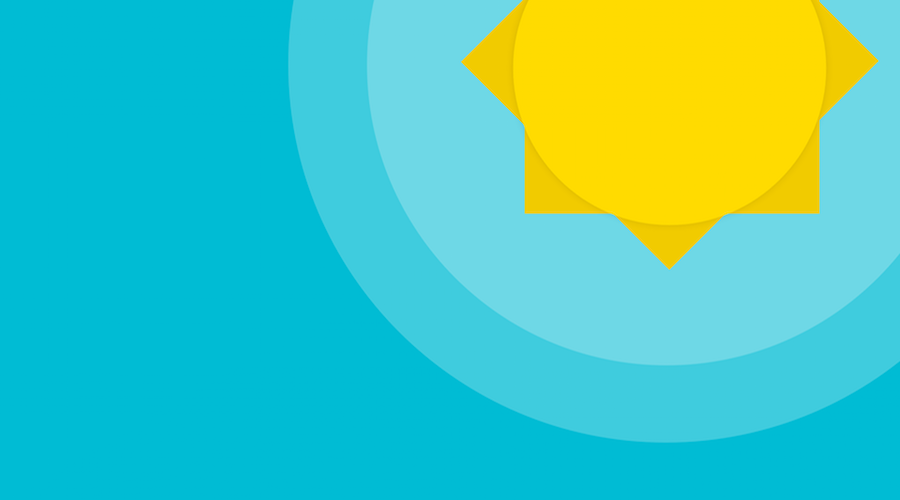Feeling Fabulous: Tunisian app helps healthy ‘rituals’

Remember the last time you had a productive stress-free day? Did something you committed to doing a long time ago? I bet you felt fabulous.
Science-based mobile application Fabulous wants to help you recreate this feeling by building healthy rituals in your life, such as mediation, exercising, and limiting social media usage.
Setting up healthy foundations
Two years ago, Tunisian engineer Sami Ben Hassine was frustrated with his life in Paris. He wanted to change his habits to have a healthier lifestyle but kept being distracted by the excitement of the big city.
He decided to create an app to help build routines with his childhood friend, and software engineer, Amine Laadhari.
Before building anything, the cofounders wanted to make sure they shared the same passion and could work together for at least the next five years.
"We challenged ourselves to build an android solution in two weeks," said CEO Ben Hassine.
This allowed them to determine whether they were compatible, what their strengths were, and how to overcome challenges, Laadhari who knew nothing about coding on Android, learnt by doing.

Missing link
Although Laadhari and Ben Hassine made a great team, they were missing a designer to create a great user experience.
Ambitiously, they decided to cold call Taylor Ling, a Google Developer Expert in design based in Kuala Lumpur, Malaysia, to ask him to join Fabulous.
He agreed. Within two weeks, in the summer of 2014, a first version of the application was ready for testing - a product that was put on hold for two months so Ben Hassine could go to Silicon Valley startup school Singularity University.
That one event that changed everything
By early 2015 they were working on the project full time in Paris when Ben Hassine and Laadhari attended an event organized by Google Play, the Android app store.
They caught the eye of the person who selected apps to feature, and a few weeks later they were asked to make a few technical and design changes to be featured on Google Play.
Convinced they wouldn’t get another shot like this, the team decided to delay the launch and spent eight months rebuilding the app using new design material.
“The UX is fluid, genuine and engaging... The technological backbone is robust and scalable in features, languages and user base," said Cyril Grislain, a Tunisian angel investor who joined the board of Fabulous a year ago.
The app was released in August 2015, and featured on Google Play a few weeks later.
Within a few days, they were seeing 30,000 downloads per day and ranked in the global top apps on the Google Play store. By the end of 2015, Fabulous hit the one million users.
In May this year, Fabulous was nominated for the first Google Play Awards, for best design and best innovation.

Go science!
The app was not only built on strong UX foundations, but on science as well. The founders believed behavioral economics, applying psychological insights to explain economic decision-making, would help people create better habits.
"People are not rational and they won't do everything you want them to do," said Ben Hassine.
The two founders were incubated in 2015 at the Duke University Behavioral Economics Lab in North Carolina, US, in 2015. It was here they realized their app could go beyond helping millennials find meaning in their life, and do wonders for heart patients.
On the right medication, it takes those patients six months to a year to start feeling better. But if they implement healthier habits, their condition improves faster.
Fabulous has just partnered with a pharmaceutical company to replace human coaching with “digital treatment” using Fabulous in a trial with a large base of heart failure patients.
In September, Fabulous started adding premium features, such as personalizing habits and adding goals, and setting limitations on some features.
Fabulous is currently raising a seed round.
Feature image via Fabulous


